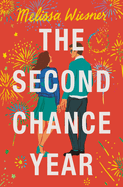Frankfurt 2023: Gaia Vince on the Climate Crisis
 "Now nowhere on earth is unaffected by the climate crisis," said journalist and author Gaia Vince (Nomad Century) during the Frankfurt Book Fair's opening press conference Tuesday morning.
"Now nowhere on earth is unaffected by the climate crisis," said journalist and author Gaia Vince (Nomad Century) during the Frankfurt Book Fair's opening press conference Tuesday morning.
With less than 1.5 degrees Celsius of warming, Vince explained, people around the world are already feeling the physical, financial, and social impacts of climate change, whether it be from wildfires, floods, droughts, or rising sea levels. With global temperatures expected to rise by 3-4 degrees Celsius this century, "we must be realists" and embark on a "vast undertaking to adapt to a hotter, more dangerous world." That is something "no country is effectively doing at the moment," she added.
In some parts of the world, "there will be no way to adapt," and large swaths of the tropics, coastlines, and river deltas will become "unlivable for parts of the year." She warned that change won't come gradually: there will be "sudden step changes" where disasters lead to "cascading events" that could wear down resilience and displace the already-displaced.
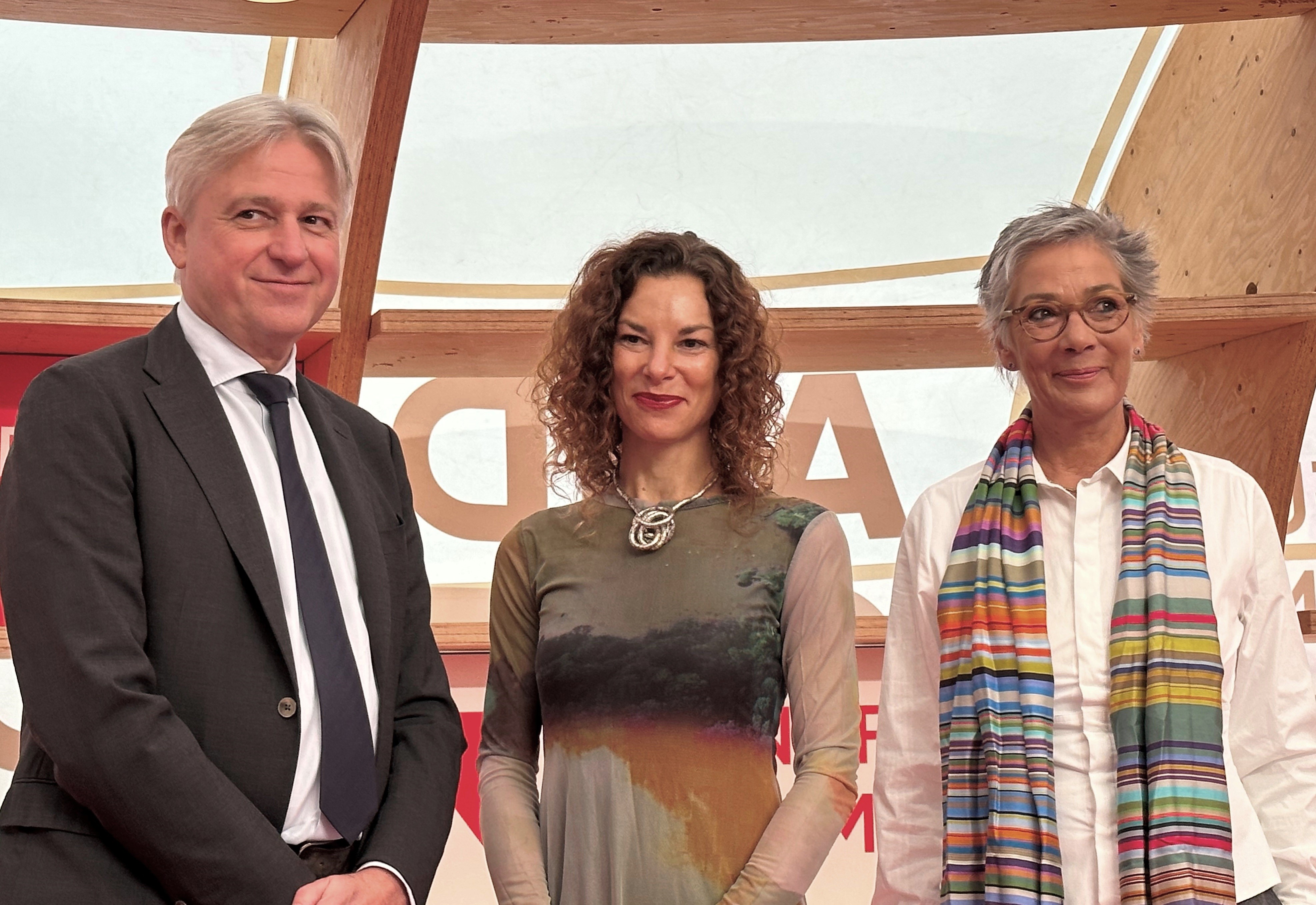 |
|
|
Gaia Vince (center) at the Frankfurt Book Fair opening press conference, flanked by book fair director Juergen Boos (l.) and Börsenverein chair Karin Schmidt-Friderichs. |
|
These changes will make climate migration "inevitable," Vince said, and in some parts of the world it is "already underway." Surviving climate change, which she stressed "represents a threat to our species," will require a "planned and deliberate migration" of not only people but also capital, industry, and agriculture to northern regions that will remain more habitable. In some places it will mean the expansion of existing cities as well as the creation of "entirely new cities."
Vince called it "an upheaval but also an opportunity," pointing to the benefits that migration can provide. Many northern countries are facing "huge demographic crises" with residents not having enough children, and many economies are already "propped up by immigrants." Planned mass migration "could provide a better world, a better Anthropocene."
She pointed out that for much of human history, migration was not only commonplace but also essential for human survival, and it was only relatively recently that "we've imprisoned ourselves within the idea of nation states and borders." That framework is "incompatible with the reality of climate change," and the scale of this "planetary drama" demands thinking like a "global community." Vince asked: "Can we not grasp the possibility that no one has more right to the safe places of our shared home than anyone else?"
Ideas often seem crazy and impossible, Vince continued, "until they are not." Slavery was once "so fundamental to economies that abolishing it seemed ludicrous," she pointed out, and likened those past arguments to present arguments for keeping fossil fuels.
She acknowledged that change can seem hopeless sometimes, but "it is not." In just the lifetime of the Frankfurt Book Fair, which is celebrating its 75th anniversary this year, there have been massive declines in global hunger and poverty; there are structures in place for global cooperation; and the Berlin Wall is gone.
"Every emergency evacuation, every boat full of refugees, every truckload fleeing disaster represents a failure of imagination, a failure of policy," Vince said. "We could instead plan this movement from planetary danger so that it is a managed transition taking place over decades rather than a crisis."
Though migration is inevitable, people still have choices. Avoiding the subject or refusing to discuss it is itself a choice, one that will create a future where climate events lead to "misery, death, and conflict." A better future can still be chosen, "but first we must talk about what we face and what our choices really are." --Alex Mutter





IPC.0204.S3.INDIEPRESSMONTHCONTEST.gif)




 Inklings Children's Books
Inklings Children's Books
 An all-ages bookstore called
An all-ages bookstore called 
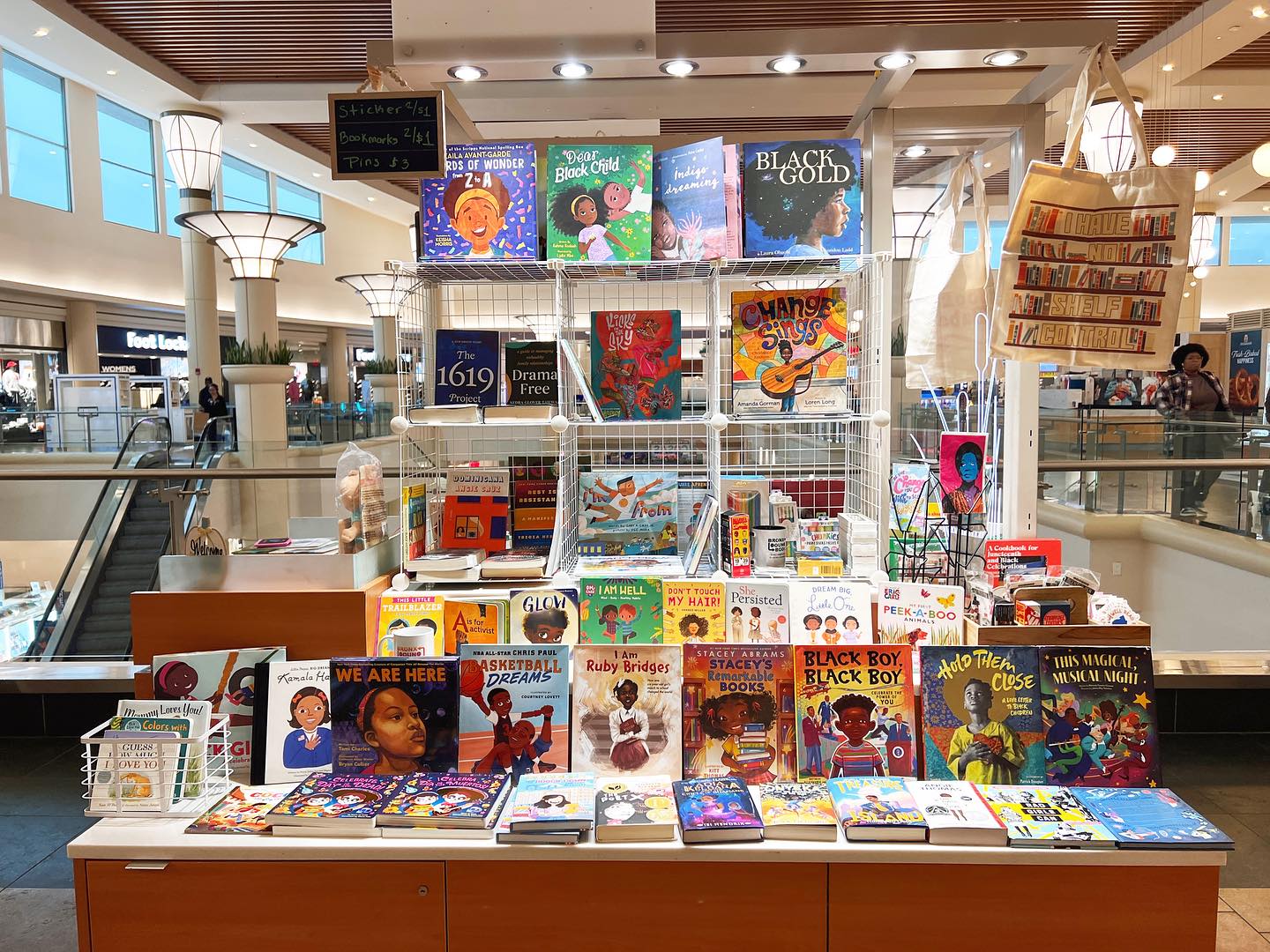 New York City's
New York City's IPC.0211.T4.INDIEPRESSMONTH.gif)
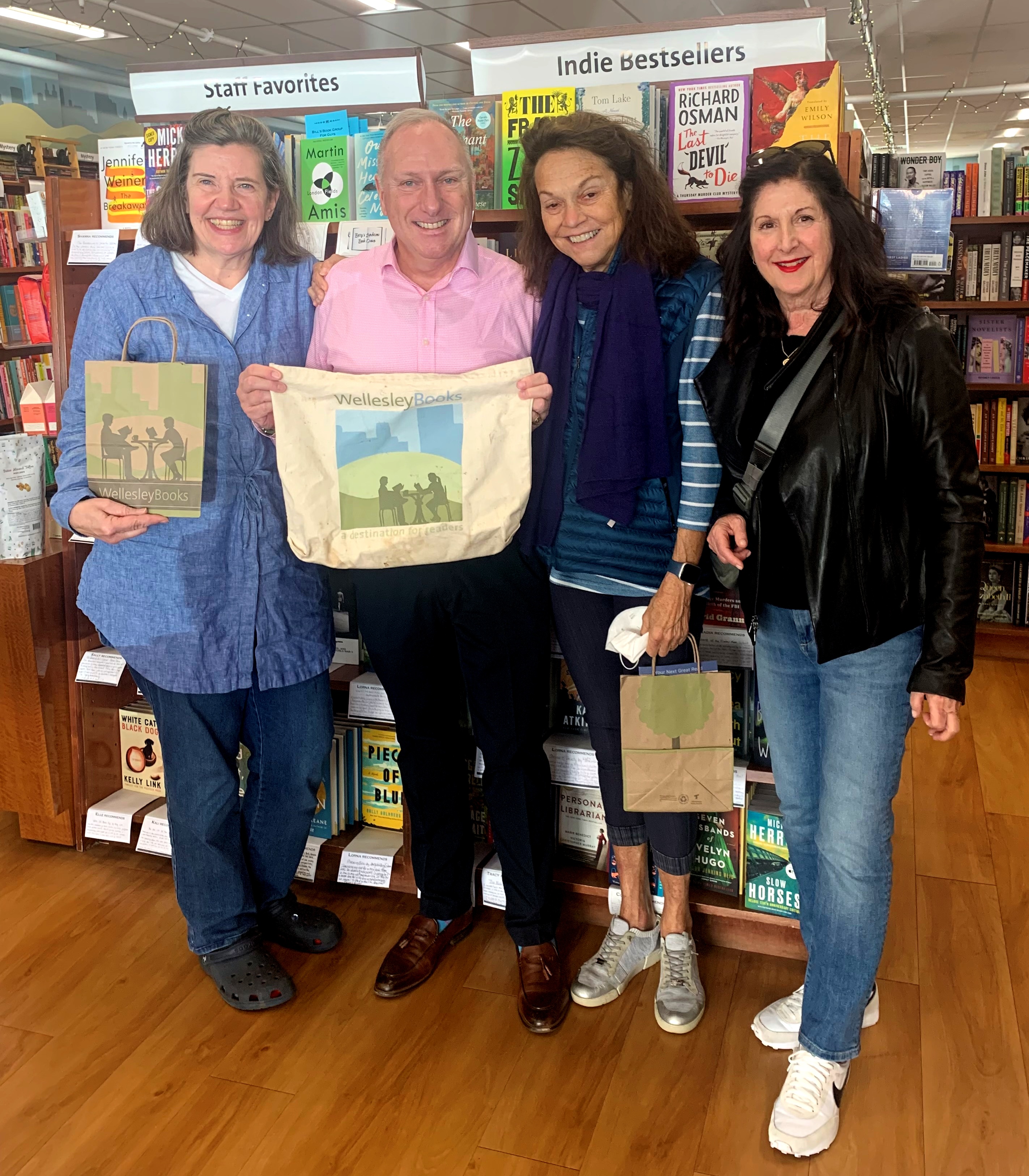 Sales rep Karl Krueger is retiring after 30 years with Penguin Random House covering the New England territory. His final appointment at
Sales rep Karl Krueger is retiring after 30 years with Penguin Random House covering the New England territory. His final appointment at 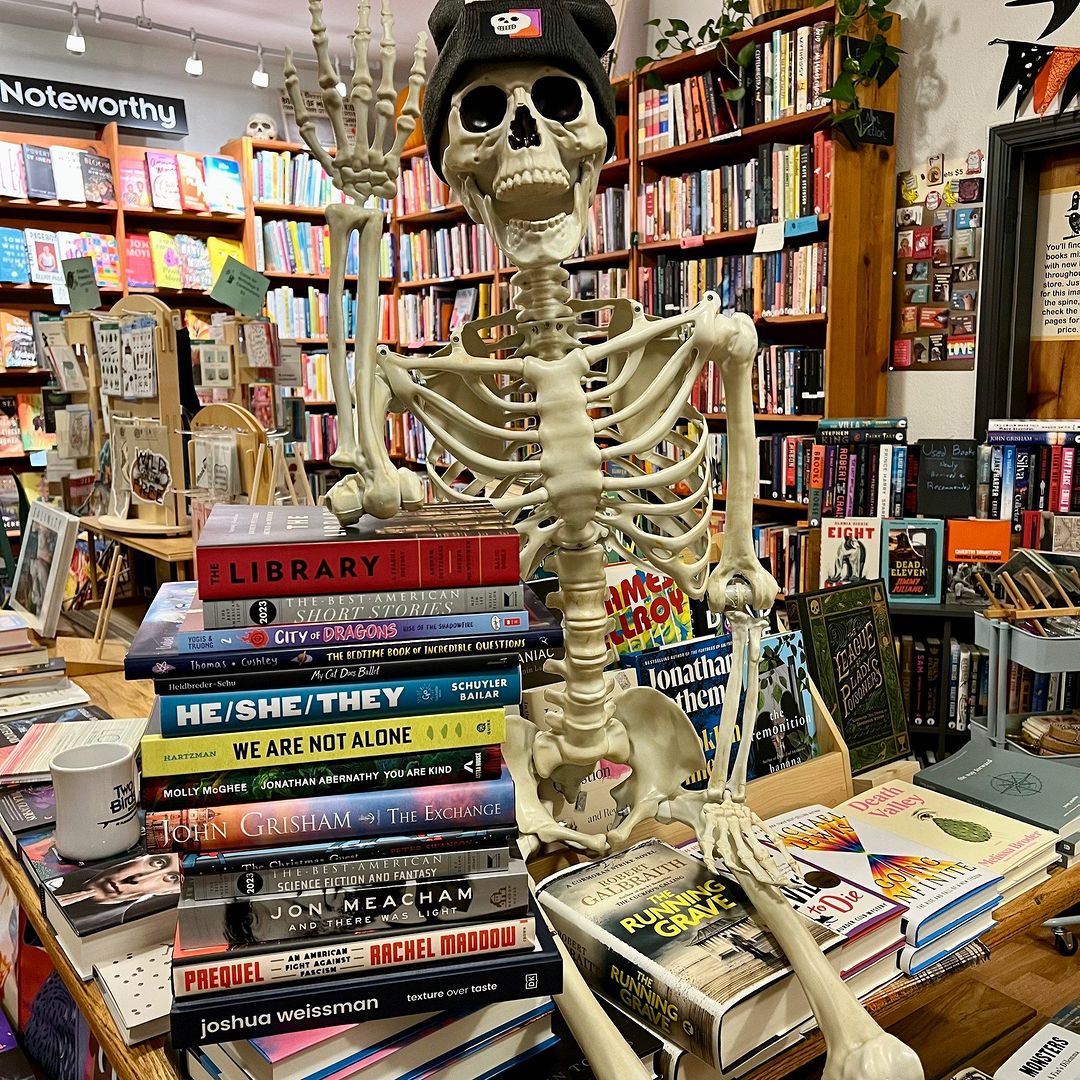 Posted on Instagram yesterday by
Posted on Instagram yesterday by  "
"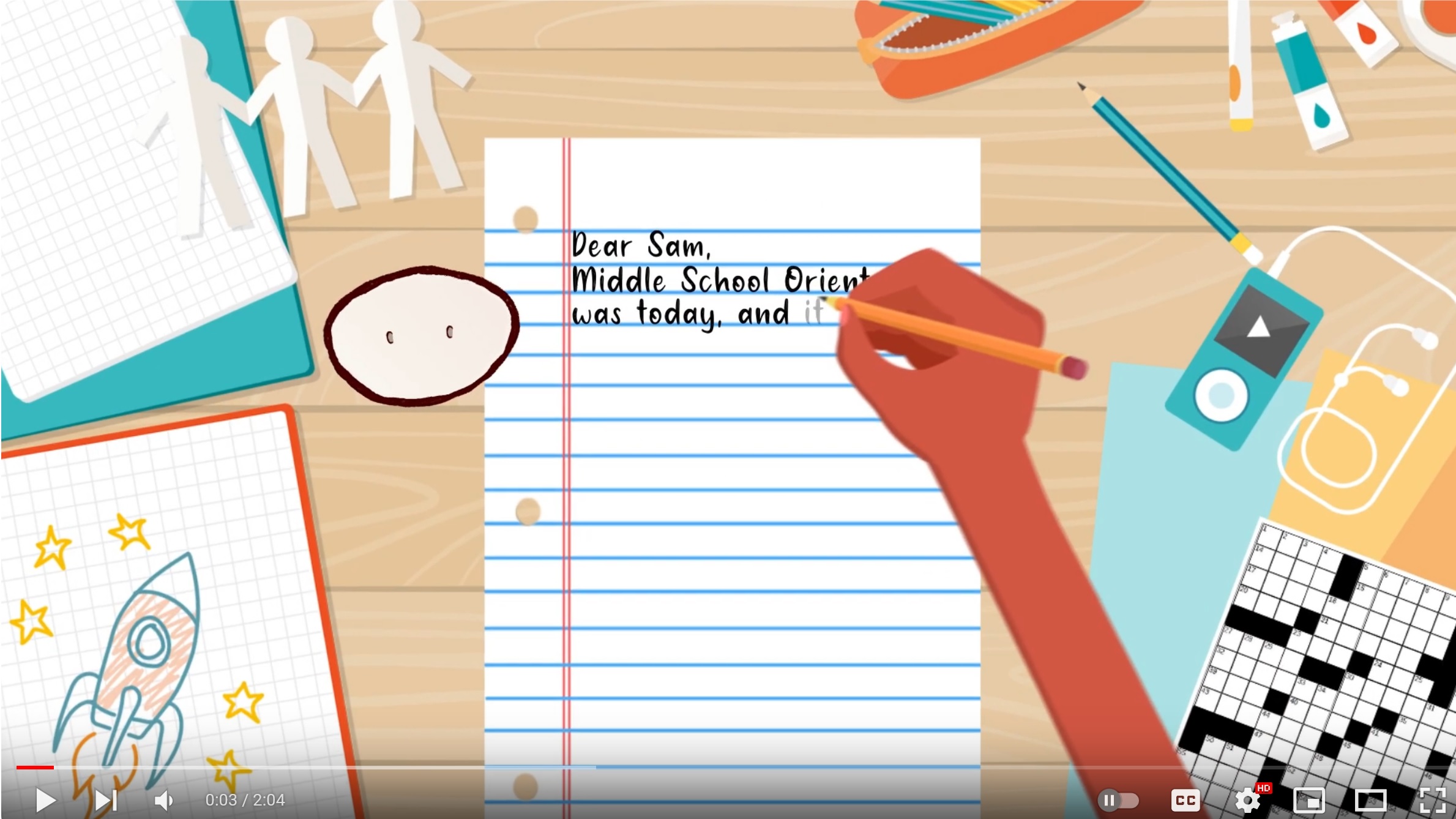 The Secret of the Dragon Gems
The Secret of the Dragon Gems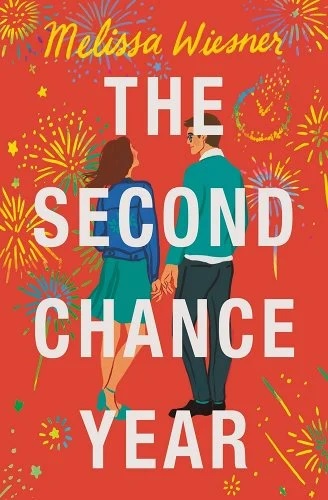 The Second Chance Year by Melissa Wiesner might appear to be a warm and fuzzy romantic comedy about a Brooklyn pastry chef who gets a life do-over after she loses her job, her boyfriend, and her self-esteem all at once. However, as this briskly paced story unreels, readers will be pleasantly surprised when the plot swells with deeper, more thought-provoking implications.
The Second Chance Year by Melissa Wiesner might appear to be a warm and fuzzy romantic comedy about a Brooklyn pastry chef who gets a life do-over after she loses her job, her boyfriend, and her self-esteem all at once. However, as this briskly paced story unreels, readers will be pleasantly surprised when the plot swells with deeper, more thought-provoking implications.